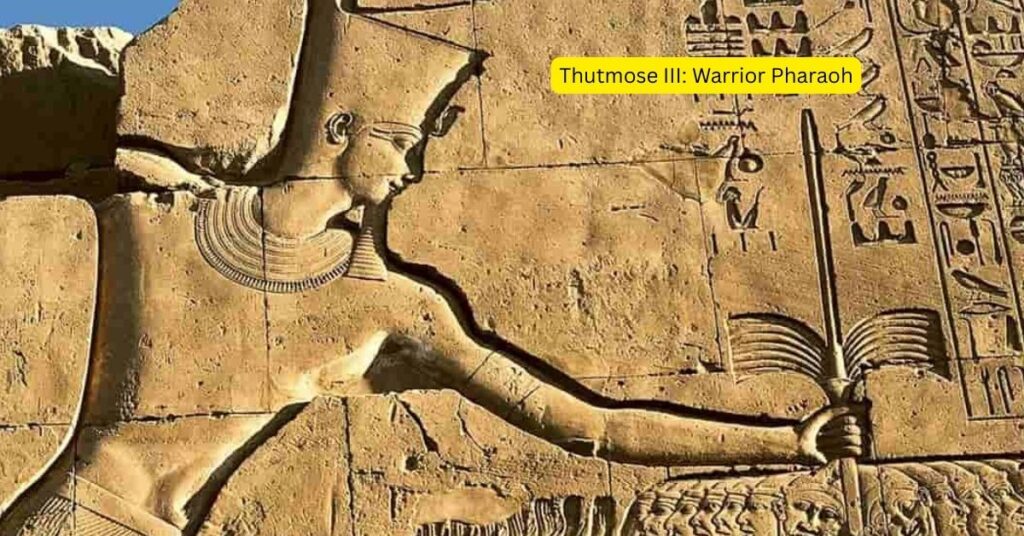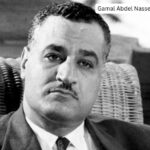Thutmose III, often hailed as the “Napoleon of Egypt,” was one of ancient Egypt’s most powerful and accomplished rulers. His reign, which lasted from 1479 BCE to 1425 BCE, marked a golden era of military conquest, territorial expansion, and cultural prosperity. Known primarily for his exceptional skills as a warrior, Thutmose III transformed Egypt into a true superpower of the ancient world.
Early Life and Rise to Power
Thutmose III was the son of Pharaoh Thutmose II and his secondary wife, Iset. At a young age, he became Pharaoh after his father’s death, but due to his youth, his stepmother and aunt, Hatshepsut, assumed the role of regent. For nearly two decades, Hatshepsut ruled as a pharaoh in her own right, overshadowing Thutmose III.
Despite this, Thutmose III was trained in the military arts and prepared for leadership. Once Hatshepsut passed away, he took full control of Egypt and quickly established himself as a strong and decisive ruler.
Military Campaigns and Expansion
Thutmose III’s reign is most remembered for his remarkable military campaigns. Over the course of 17 campaigns, he expanded Egypt’s influence across the Middle East, Nubia, and beyond.
- Battle of Megiddo (1457 BCE): His most famous victory came at Megiddo, where he defeated a coalition of Canaanite princes. This battle not only displayed his strategic brilliance but also solidified Egypt’s dominance in the Levant.
- Conquests in Nubia and Syria: Thutmose extended Egyptian control into Nubia (modern-day Sudan) and Syria, securing vital trade routes and resources.
- Creation of the Egyptian Empire: Through these campaigns, he established the largest empire Egypt had ever seen, stretching from the Euphrates River in Mesopotamia to the Fourth Cataract of the Nile.
Innovations and Achievements
Thutmose III was not just a warrior; he was also a statesman and builder. His reign brought stability, wealth, and cultural development.
- Tribute System: Conquered territories were required to send tribute to Egypt, which filled its treasury with gold, exotic animals, and valuable resources.
- Architectural Contributions: He commissioned numerous temples, monuments, and obelisks, including additions to the great Karnak Temple complex.
- Cultural Flourishing: The wealth brought in from his conquests allowed Egypt to thrive artistically and religiously, solidifying its status as a center of civilization.
Legacy of the Warrior Pharaoh
Thutmose III reigned for nearly 54 years, one of the longest in Egyptian history. His ability to combine military might with effective governance ensured Egypt’s dominance for generations. He left behind not only an empire at its zenith but also a reputation as one of history’s greatest military leaders.
Today, Thutmose III is remembered as the quintessential “Warrior Pharaoh,” whose strategic genius and leadership reshaped the destiny of ancient Egypt. His victories, monuments, and enduring influence remain a testament to his unparalleled legacy.





